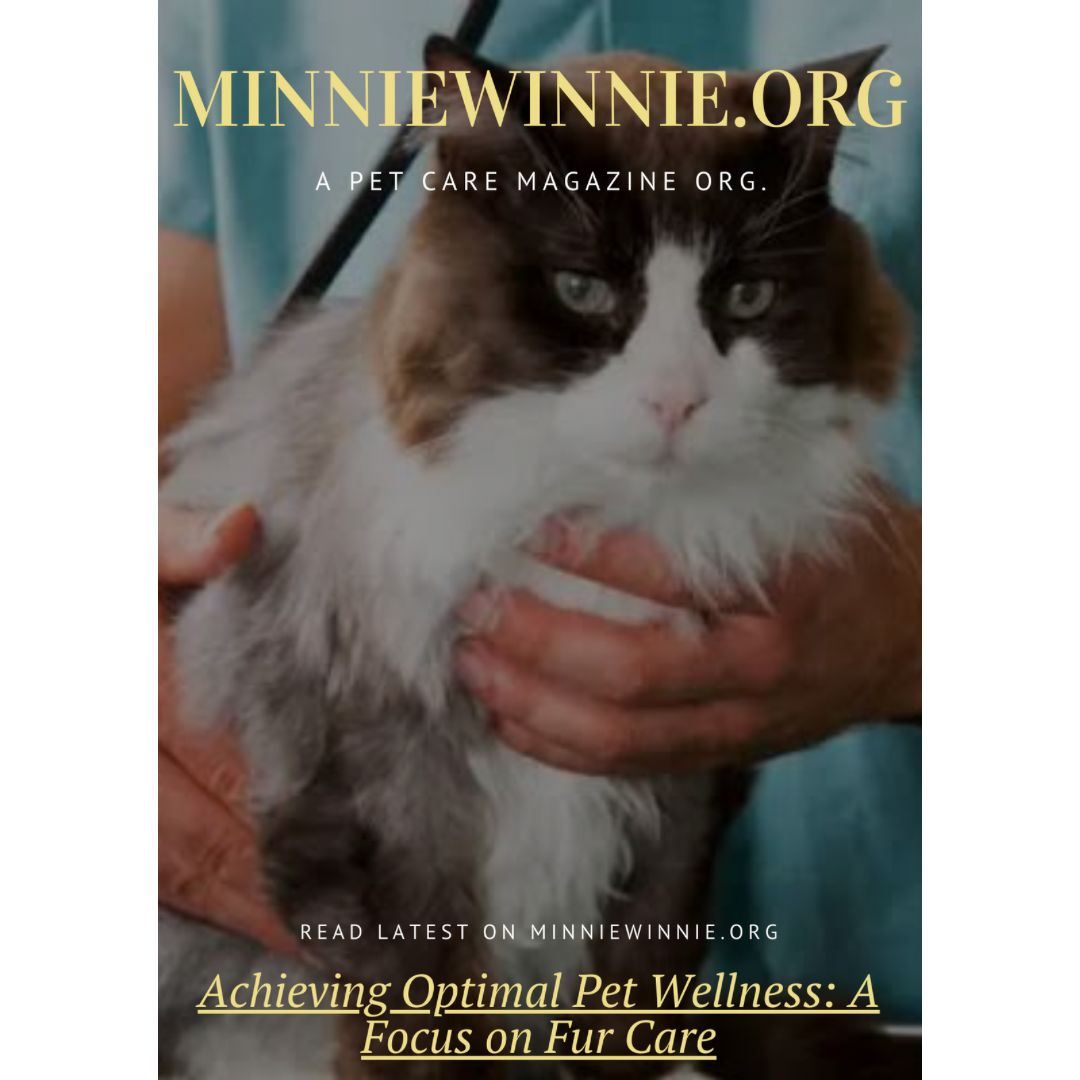Achieving Optimal Pet Wellness: A Focus on Fur Care
In the quest for optimal pet wellness, fur care often stands out as a critical yet sometimes overlooked component. Just as human well-being encompasses a holistic approach to health, the same applies to our furry companions. A pet’s fur is more than just a coat of hair; it is an indicator of overall health, requiring diligent care to ensure our pets lead vibrant and healthy lives. This article delves into the essentials of pet fur care, offering insights and tips to help pet owners maintain the optimal wellness of their beloved animals.
The Importance of Fur Care in Pet Wellness
Fur care is integral to a pet’s health for several reasons. A healthy coat reflects a well-balanced diet, proper hygiene, and overall good health. Conversely, issues like dull fur, excessive shedding, or skin problems can signal underlying health concerns, such as nutritional deficiencies, allergies, or illnesses.
Moreover, regular grooming and fur care contribute to a pet’s comfort and happiness. Mats and tangles can cause discomfort and even pain, leading to a less active and more irritable pet. Therefore, consistent fur care is essential not only for aesthetic purposes but also for ensuring the physical and emotional well-being of pets.
Daily and Routine Fur Care Practices
- Brushing: Regular brushing is crucial for all pets, whether they have short or long fur. Brushing helps remove loose hair, prevents matting, and distributes natural oils across the fur, promoting a healthy and shiny coat. The frequency of brushing depends on the breed and type of fur. For instance, long-haired breeds like Persian cats or Afghan Hounds may require daily brushing, while short-haired breeds might only need weekly attention.
- Bathing: Bathing should be done as needed, typically every 4-6 weeks for most pets, but this can vary based on the pet’s lifestyle and specific needs. Using a pet-friendly shampoo is essential to avoid skin irritation. Over-bathing can strip natural oils from the fur, leading to dryness and potential skin issues.
- Trimming: Regular trimming is particularly important for long-haired pets. Keeping the fur around the eyes, ears, and paws neatly trimmed can prevent infections and other health problems. Professional grooming services can be beneficial, especially for breeds that require specific cuts or trims.
- Checking for Parasites: Regularly inspect your pet’s fur and skin for signs of parasites such as fleas, ticks, and mites. These pests can cause severe discomfort and transmit diseases. Using preventative treatments recommended by your veterinarian can help keep these pests at bay.
Nutrition and Hydration
A balanced diet plays a pivotal role in maintaining a healthy coat. Nutrients such as omega-3 and omega-6 fatty acids, vitamins A, E, and B, and proteins are essential for skin and fur health. High-quality pet food often contains these nutrients, but supplements can be added if necessary, after consulting with a veterinarian.
Adequate hydration is equally important. Water is crucial for maintaining healthy skin and fur, as dehydration can lead to dry, brittle fur and increased shedding. Ensure your pet always has access to fresh, clean water.
Addressing Skin Issues
Skin issues like dryness, hot spots, and allergies can significantly affect fur health. Regular vet check-ups are vital to diagnose and treat any skin conditions promptly. Using hypoallergenic grooming products and ensuring a clean living environment can help manage and prevent many skin issues.
Seasonal Fur Care
Different seasons bring different fur care challenges. In warmer months, shedding increases as pets lose their winter coats. Regular brushing can help manage the excess fur. During winter, dry air from heating systems can lead to dry skin and fur, so using a humidifier and moisturizing sprays can be beneficial.
The Emotional Aspect of Fur Care
Fur care is not just a physical necessity but also an emotional bonding experience between pets and their owners. Grooming sessions can be a time of relaxation and bonding, helping to strengthen the human-animal bond. Ensuring that grooming is a positive experience, filled with gentle handling and rewards, can make a significant difference in a pet’s comfort and cooperation.
Conclusion
Achieving optimal pet wellness through focused fur care requires a combination of regular grooming, proper nutrition, and preventive healthcare. By paying attention to the condition of our pets’ fur, we can gain valuable insights into their overall health and well-being. Through dedicated care, we not only enhance the quality of our pets’ lives but also deepen the bond we share with them, ensuring they remain happy, healthy, and radiant companions.










